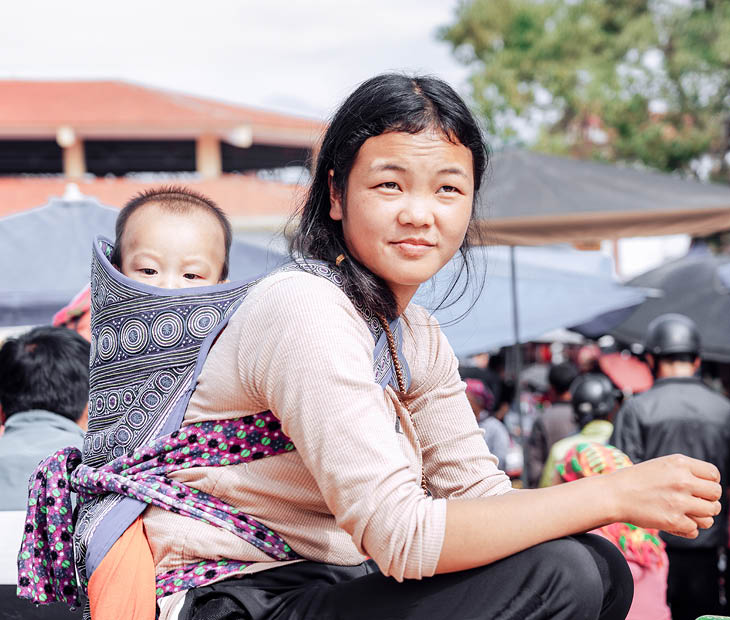Menu


20/5/24 – Thank you for your partnership with this project! The team is in the process of planning another trip for November 2024.
18/3/24 – The pilot survey trip has taken place and the team was able to spend time in one of the two planned villages. A total of 73 women were interviewed. Fiona and the team are currently reviewing survey results and discerning if there are future possibilities for a project supporting maternal and child health in northern Vietnam.
We thank you for your support and ask for your prayer for discernment as we look to learn more about what is impacting the maternal child health rates in rural Vietnam and what appropriate avenues we can explore to come alongside families in these villages.
In rural communities in Northern Vietnam, women often give birth at home or in clinics with limited resources, using traditional practices and knowledge. While childbirth is usually safe, even when there are birthing complications, the outcomes in these regions are harsher than in urbanised areas with greater medical access.
Maternal and infant mortality rates are higher in this country than the broader geographical region and the country’s government is prioritising midwife training programs for ethnic minorities in recognition of their greater need.
The project enables an exploratory visit by a childbirth expert and team members to examine the possibilities for a future project providing maternity and childbirth support. This trip is planned for November 2024.
The budget covers all travel costs including flights, visas, accommodation and food.
Team members involved in this project:
Mark and Ngoc
Fiona
Committed to reconciliation, Baptist Mission Australia acknowledges and pays respect to the past, present and future Traditional Custodians and Elders of this nation and their connection to land, sea and community and all that the creator God gifted to them. We pay our respect to their Elders past and present and extend that respect to all Aboriginal and Torres Strait Islander peoples.
Committed to reconciliation, Baptist Mission Australia acknowledges and pays respect to the past, present and future Traditional Custodians and Elders of this nation and their connection to land, sea and community and all that the creator God gifted to them. We pay our respect to their Elders past and present and extend that respect to all Aboriginal and Torres Strait Islander peoples.